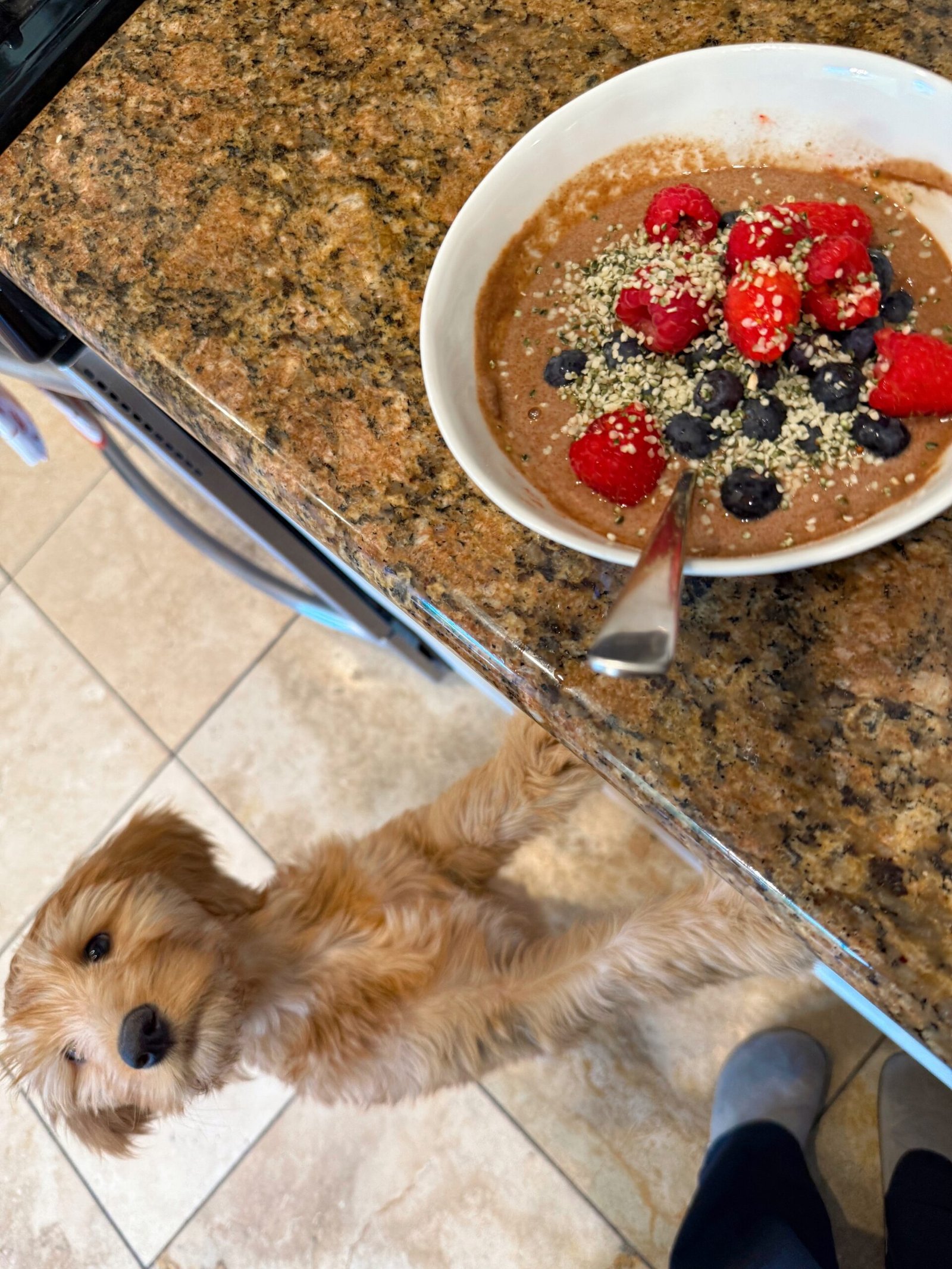Weight loss is a common goal for many individuals, yet the journey is often fraught with challenges. The key to successful and sustainable weight loss lies not in fad diets or extreme measures, but in adopting a balanced approach that combines dieting, exercise, and lifestyle changes. Below are proven strategies to help you unlock lasting weight loss success.
Thank you for reading this post, don't forget to subscribe!Understanding your Body’s Needs
Before diving into specific strategies, it’s important to understand that every body is different. What works for one person may not work for another due to factors like genetics, metabolism, and individual lifestyle choices. The first step is to assess your personal needs:
- Caloric Needs: Determine how many calories you need daily to maintain your weight. This can be done using a basic online calculator or with a consultation from a healthcare professional.
- Macronutrient Ratios: Understand the right balance of carbohydrates, proteins, and fats that your body needs based on your activity level and fitness goals.
Establishing Realistic Goals
Setting achievable and realistic goals is crucial for long-term success. Rather than aiming for drastic weight loss, focus on smaller, manageable milestones. For example:
- Lose 1-2 pounds per week.
- Incorporate physical activity into your routine for at least 150 minutes a week.
- Focus on eating healthier rather than just reducing calories.
Setting SMART goals (Specific, Measurable, Achievable, Relevant, Time-bound) can significantly enhance your chances of success.
Creating a Balanced Diet
A healthy diet plays a crucial role in weight loss. Here are some strategies to create a balanced diet:
- Plant-Based Foods: Incorporate a variety of fruits and vegetables into your meals. These foods are nutrient-dense and low in calories.
- Lean Proteins: Include protein sources such as chicken, fish, legumes, and nuts. Protein helps in muscle building and can increase satiety.
- Whole Grains: Choose whole grains over refined grains. Foods like brown rice, quinoa, and whole wheat bread provide more nutrients and fiber.
- Healthy Fats: Incorporate sources of healthy fats like avocados, olive oil, and nuts in moderation.
The Power of Physical Activity
Exercise can significantly accelerate your weight loss journey. Regular physical activity can help burn calories, improve mood, and reduce health risks. Here’s how you can integrate it into your lifestyle:
- Cardio Exercises: Engage in cardiovascular activities such as walking, running, cycling, or swimming for optimal calorie burn.
- Strength Training: Include strength training exercises at least twice a week. Building muscle increases your resting metabolic rate, allowing you to burn more calories at rest.
- Active Lifestyle: Look for ways to incorporate more activity into your daily life, such as taking the stairs instead of the elevator or standing while working.
Staying Accountable
Accountability is essential for maintaining motivation. Here are some ways to stay accountable:
- Food Journals: Keep a log of what you eat and drink to keep track of your caloric intake and make necessary adjustments.
- Support Systems: Join a weight loss group or involve friends and family in your journey to gain support.
- Regular Check-ins: Schedule regular weigh-ins or progress assessments to monitor your successes and setbacks.
Mindful Eating
Mindful eating involves being present during meals, savoring each bite, and listening to your body’s hunger cues. Here are some tips:
- Avoid distractions while eating, like watching TV or scrolling on your phone.
- Eat slowly and chew your food thoroughly.
- Stop eating when you’re full, even if it means leaving food on your plate.
Conclusion
Sustainable weight loss requires a multifaceted approach that combines dietary changes, exercise, mindfulness, and accountability. By making informed choices and setting realistic goals, you can make lasting changes to your lifestyle that will not only help you lose weight but also improve your overall health and well-being. Remember that success is a journey, not a destination, and every small step counts toward achieving your ultimate goal.
FAQs
1. How fast can I expect to lose weight?
Healthy weight loss is typically 1-2 pounds per week. Rapid weight loss can lead to muscle loss and other health issues.
2. Do I need to count calories?
Calorie counting can be helpful, especially at the beginning, to understand portion sizes and food choices. However, not everyone finds it necessary long-term.
3. What if I hit a plateau?
Plateaus are common in weight loss. Consider adjusting your calorie intake or changing your workout routine to reignite progress.
4. Can I still eat my favorite foods?
Yes! Moderation is key. Allowing yourself occasional treats can make your diet more enjoyable and sustainable.
5. Should I consult a professional?
Consulting a healthcare professional or a registered dietitian can provide personalized guidance tailored to your individual needs and goals.
















